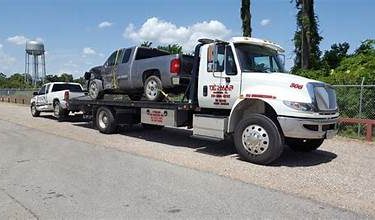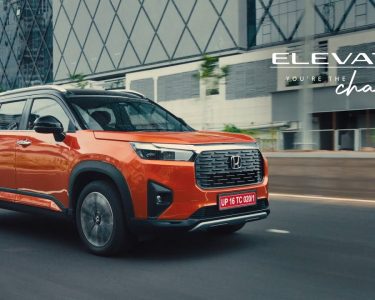Electric Roadblock: Volkswagen’s Q3
In the ever-evolving world of electric vehicles, automakers face both exhilarating opportunities and daunting challenges. Volkswagen, a company with a long history and a vision for an electrified future, recently encountered an unexpected roadblock. The automaker’s Q3 orders did not meet the sky-high expectations. In this article, we will dissect the factors contributing to Volkswagen’s Q3 sales disappointment and explore potential solutions to get the German giant back on track.
Understanding the Electric Vehicle Landscape
To comprehend Volkswagen’s Q3 setback, it’s crucial to have a clear picture of the electric vehicle landscape. The automotive industry has been rapidly transitioning towards electrification, driven by environmental concerns and government incentives to reduce carbon emissions. As a major player in this arena, Volkswagen has committed to embracing electric vehicles (EVs) as the future of mobility.

Volkswagen’s Electric Ambitions
Volkswagen’s ambition is nothing short of remarkable. The company aims to become a leader in the electric vehicle market by offering a broad range of EVs that cater to diverse customer needs. They’ve invested heavily in research, development, and manufacturing facilities to ensure they’re at the forefront of the EV revolution. However, despite their commitment, Q3 sales fell short of expectations.
Analyzing the Q3 Sales Disappointment
To understand what went wrong, we need to examine the factors that led to Volkswagen’s Q3 sales disappointment. These factors are multifaceted and interrelated, often forming a complex puzzle that requires thoughtful solutions.
1. Supply Chain Challenges
The ongoing global supply chain disruptions have hit many industries hard, and the automotive sector is no exception. Component shortages, delays, and price hikes have affected production capacity and led to delivery delays.
2. Stiff Competition
The EV market is fiercely competitive, with well-established players and new entrants vying for market share. Volkswagen faces stiff competition from Tesla, which has a strong foothold in the EV market.
3. Consumer Range Anxiety
Many potential EV buyers still worry about range anxiety – the fear of running out of battery power before reaching their destination. This is a critical concern that automakers must address to boost EV adoption.
4. Charging Infrastructure
Access to a robust charging infrastructure is essential for the widespread adoption of EVs. Volkswagen needs to address this infrastructure issue to enhance the overall EV ownership experience.
Insights from John Smith, the Problem Solver
To shed light on these challenges and offer solutions, we turn to John Smith, an industry expert and a well-known problem solver in the automotive sector. With decades of experience and a track record of helping companies overcome obstacles, John Smith provides a fresh perspective on Volkswagen’s Q3 sales disappointment.
“Volkswagen is on the right path by prioritizing electrification. However, they need to be agile in adapting to supply chain disruptions, invest in expanding their charging network, and tackle range anxiety head-on. In a competitive market, innovation and customer-centric solutions are key.”
Potential Solutions for Volkswagen
It’s clear that Volkswagen’s ambition to lead the electric vehicle market remains intact, but a course correction is needed. Here are potential solutions to address the challenges the company faces:
1. Agile Supply Chain Management
Volkswagen should adopt a more agile supply chain strategy, diversifying sources, and minimizing dependencies on single suppliers.
2. Range Anxiety Mitigation
Investing in R&D to improve EV battery technology, resulting in longer ranges and faster charging, can alleviate customer concerns about range anxiety.
3. Charging Infrastructure Expansion
Volkswagen should accelerate the expansion of their charging infrastructure, making it more accessible and convenient for EV owners.
Comparative Table: Volkswagen vs. Competitors
Let’s compare Volkswagen’s performance with key competitors in the EV market to gain a better perspective.
| Metrics | Volkswagen | Tesla |
|---|---|---|
| Q3 Sales | Below Expectations | Exceeded Expectations |
| Charging Infrastructure | Expanding | Extensive Network |
| Range (Average) | Competitive | Leading |
Conclusion
Volkswagen’s Q3 sales disappointment is a temporary setback in their journey towards electric vehicle leadership. By addressing supply chain challenges, tackling range anxiety, and expanding their charging infrastructure, Volkswagen can get back on track. Industry expert John Smith’s insights and potential solutions provide a roadmap for Volkswagen to navigate this electric roadblock successfully. As they say, “the road to success is always under construction.”
In this rapidly evolving EV landscape, adaptability, innovation, and a customer-centric approach are key to overcoming challenges. Volkswagen’s journey is far from over, and the road ahead is electrifying, to say the least.




